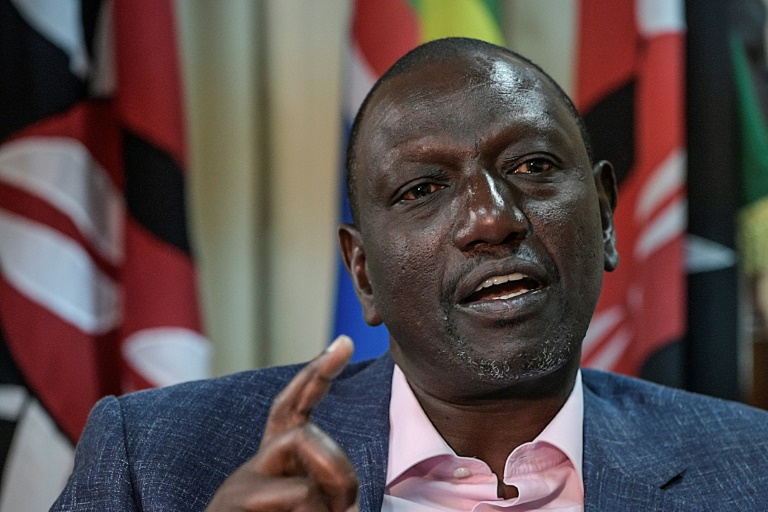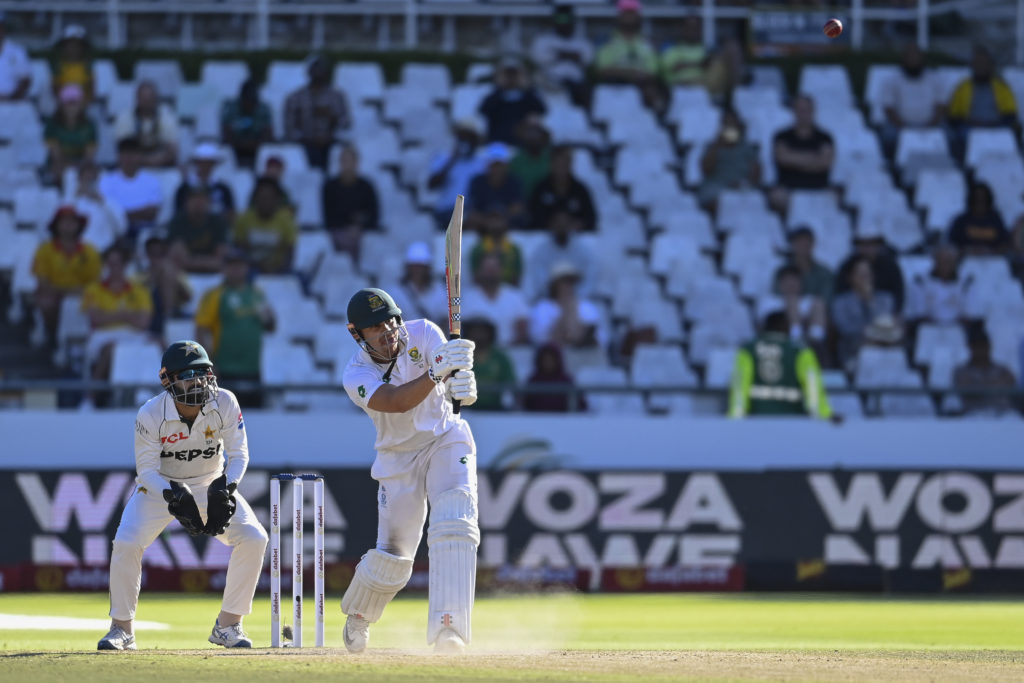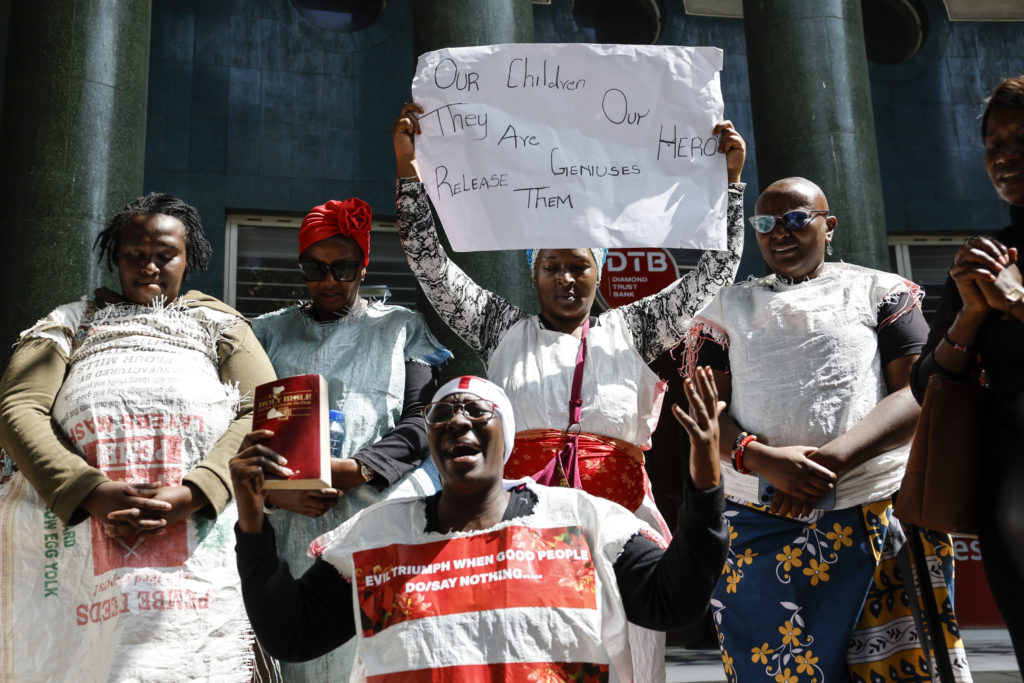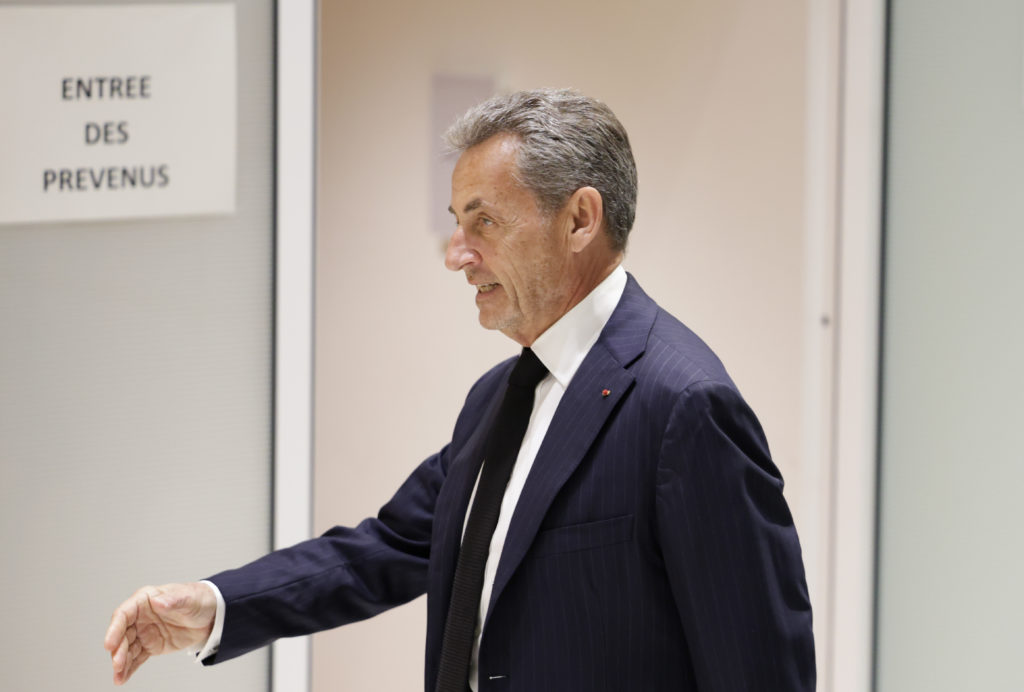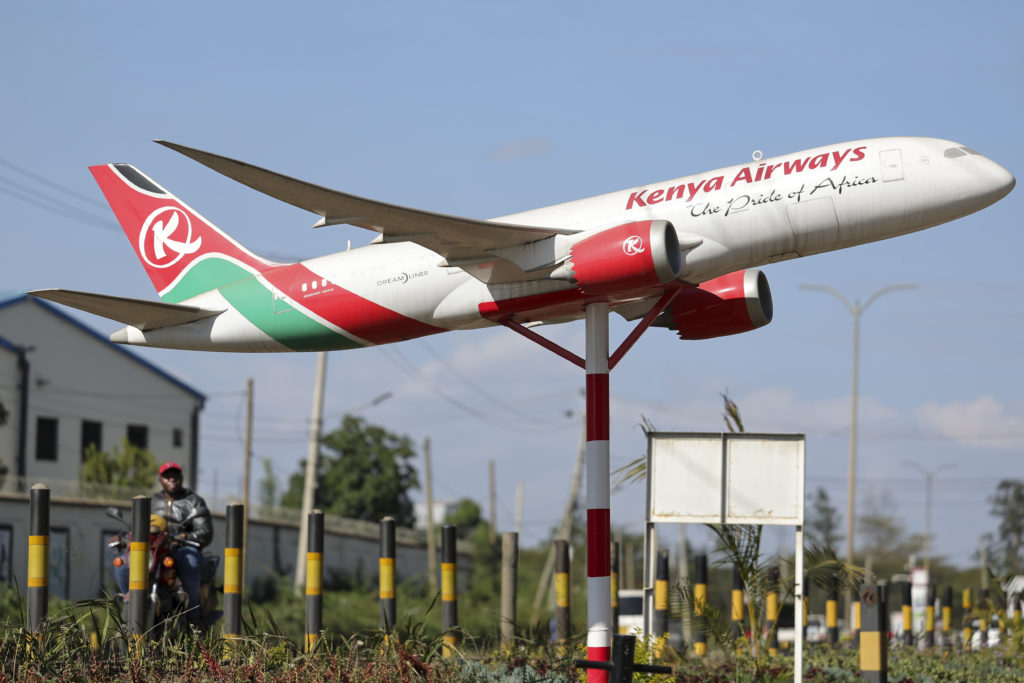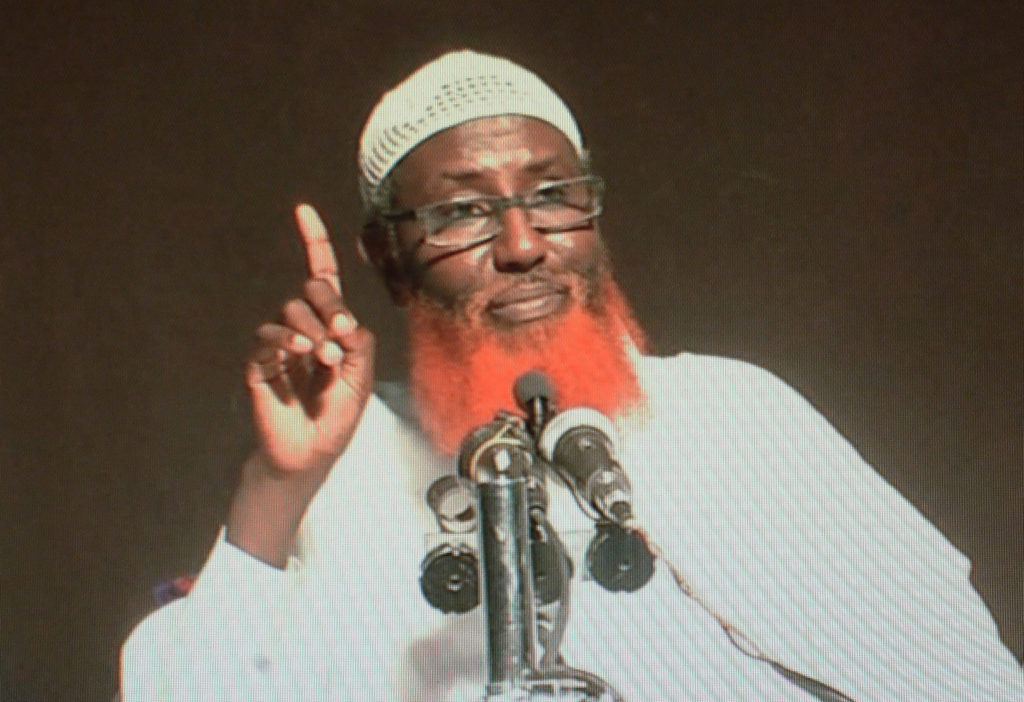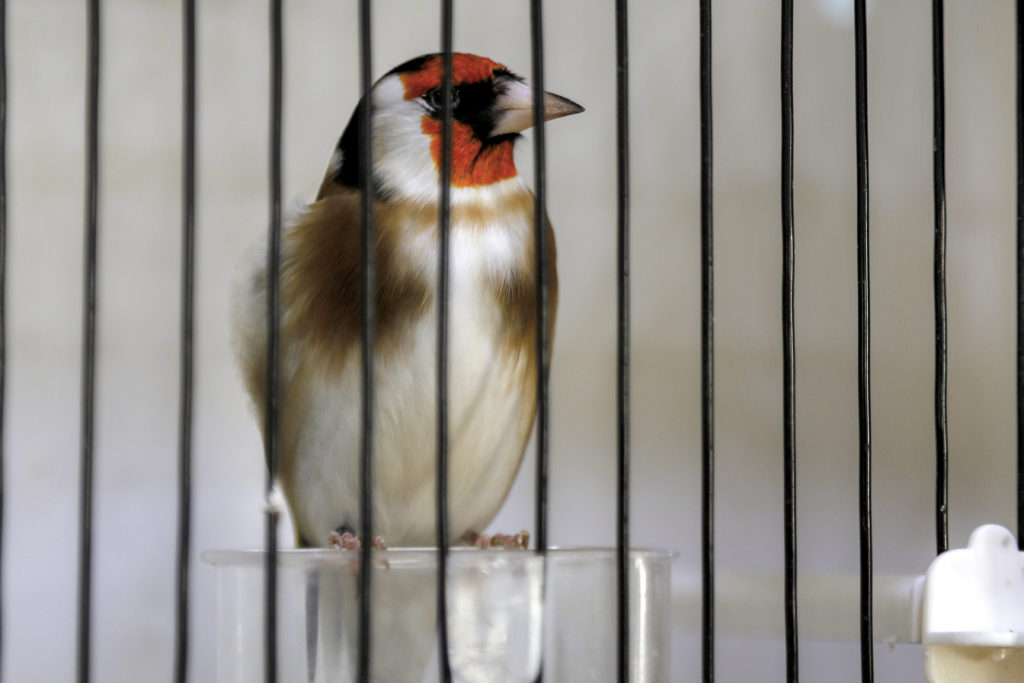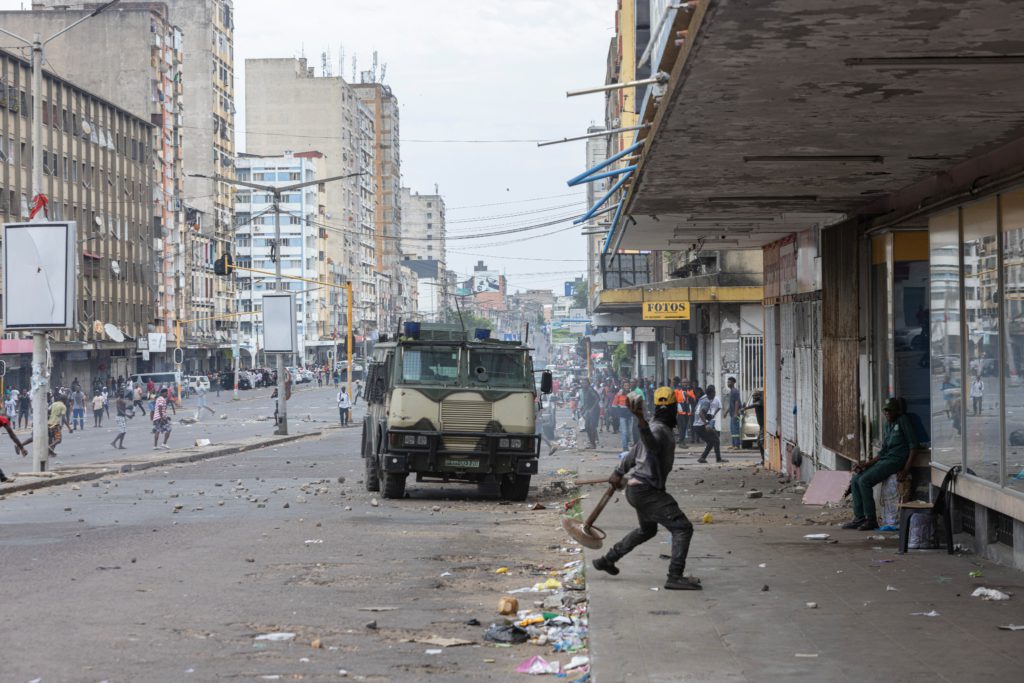Kenya is a democracy with free and fair elections, Deputy President William Ruto said Monday in an interview with AFP, confident that he will emerge victorious in the presidential poll on August 9.
Previous elections in the East African powerhouse have often seen accusations of vote-rigging but Ruto, known as a sharp strategist, insisted he would respect the outcome of the vote.
“I am very confident that I will win this election,” Ruto said in an interview at his Nairobi offices, where huge vehicles plastered with his face or the yellow and green colours of his party, the United Democratic Alliance, line the driveway.
“People of Kenya ultimately make their decisions. There is a wrong narrative that elections are manipulated… It is very difficult to steal an election,” the 55-year-old former MP and minister said.
At most, elections can be “influenced”, he conceded, but “we will stand (our ground) and still win against the so-called system”.
The ambitious politician was originally poised to succeed his boss, President Uhuru Kenyatta, as the ruling party’s candidate for the top job.
But a shock alliance between Kenyatta and his longtime rival Raila Odinga, who is now running against Ruto, has relegated the vice president to the sidelines.
Recent elections have frequently been followed by violent clashes and allegations of rigging. The 2017 poll saw Odinga approach the Supreme Court, which annulled the result and ordered a re-run — a first for Africa.
The disputed 2007 vote was marked by an eruption of politically-motivated ethnic violence, leaving more than 1,100 people dead.
Kenyatta and Ruto were indicted by the International Criminal Court for their role in the 2007-2008 killings before the cases collapsed.
Both the leading candidates have vowed to accept next month’s result, with Odinga telling a press conference on Monday, “If we lose the elections fairly, we will accept the outcome and congratulate the winner.”
For his part, Ruto said he would willingly cooperate with his rival if Odinga were to win.
“We will have… to make sure Kenya remains a democracy and Kenya moves forward,” he said.
– All about the economy –
After a decade spent at the heart of the Kenyatta government, Ruto now faces a difficult balancing act between claiming credit for the administration’s infrastructure investments and attacking his boss over the surging “crisis of cost of living”.
Accusing Kenyatta of abandoning their original agenda to improve food security and housing during his second term, Ruto has focused his campaign on promising to raise the purchasing power of ordinary Kenyans.
Three in ten Kenyans live in extreme poverty, on less than $1.90 a day, according to the World Bank.
A wealthy businessman with a rags-to-riches background, Ruto has positioned himself as a defender of “the hustlers” trying to eke out a living in a country dominated by “dynasties” — a reference to the Kenyatta and Odinga families.
Kenyatta’s father Jomo was the country’s first president while Odinga’s father Jaramogi served as vice-president.
“The single most important issue today in this election is about the economy,” said Ruto.
He has backed a “bottom-up” economic model aimed at tackling inequality in a country long plagued by corruption and poor governance, before being battered by the Covid-19 pandemic and the fallout from war in Ukraine.
Rising inflation and other economic pressures have even pushed tribal allegiances — a familiar cornerstone of Kenyan politics — to the background, he said.
“We have largely managed to pull away from the usual competition around ethnicities and those kind of things to a space where we are discussing issues that apply to all Kenyans: cost of living, the economy, creating jobs.”

